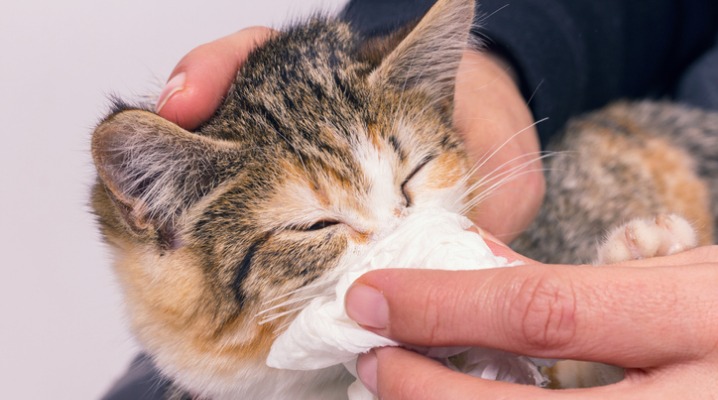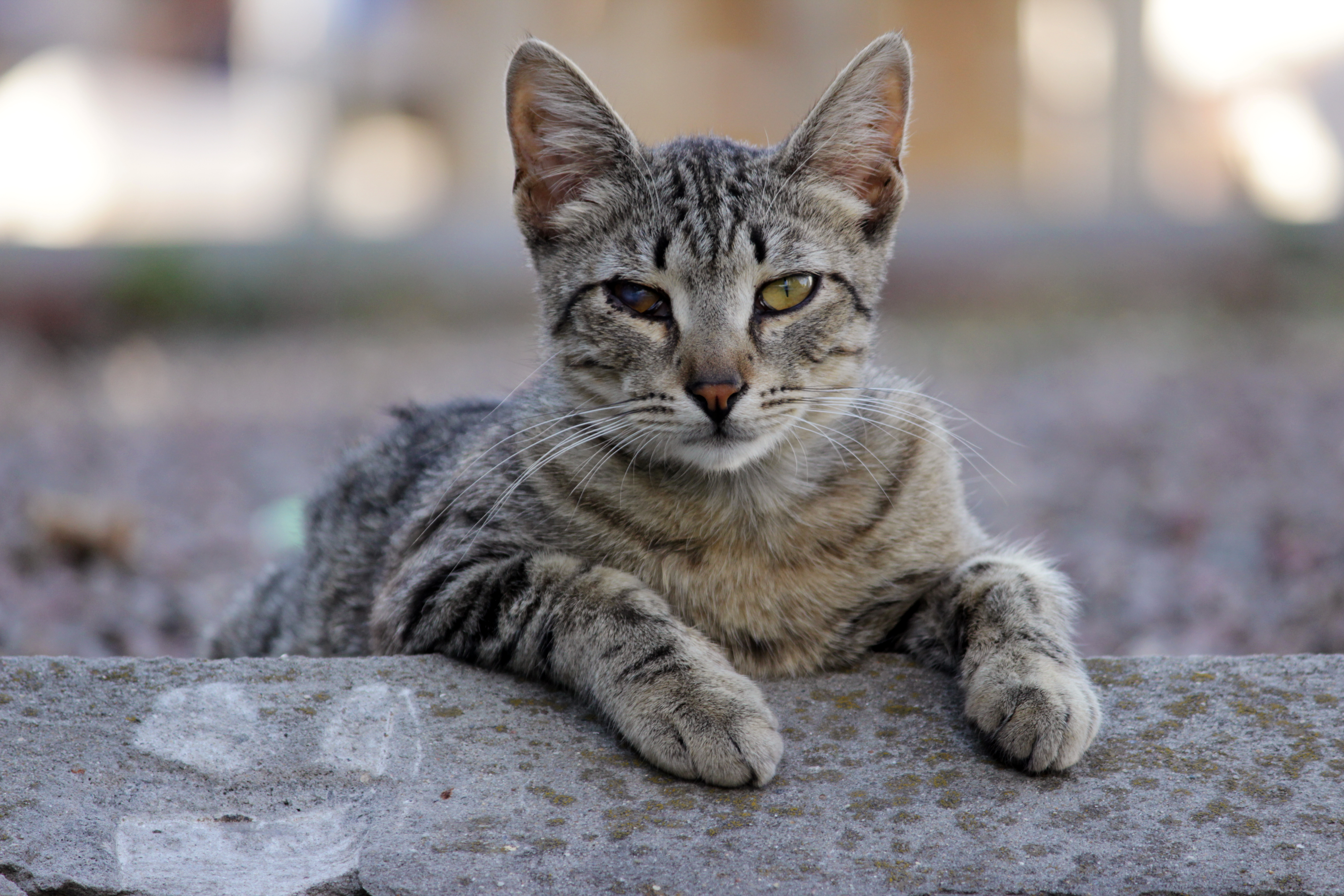
Understanding Feline Herpesvirus (FHV) and How it Affects Your Cat
There are a lot of potential illnesses your cat might face over the course of its life. One of the most common is feline herpesvirus 1 (FHV-1), a contagious viral infection. Cats that contract FHV-1 most often carry the virus with them for life, which may put them at risk for cold symptoms at random periods.
If your cat has FHV-1, there are certain things you should know about the infection and how to help your cat manage it over its lifetime to ensure lifelong health and mitigate its spread to other cats.
What is FHV-1?
FHV-1 is an infectious virus that lives in the nerve cells of cats. The virus can cause what is known as feline viral rhinotracheitis (FVR), an upper respiratory infection that largely affects the nose and throat and presents like a head cold.
Much like the herpes virus in humans that causes cold sores, FHV-1 typically never goes away in cats; they often carry it for the duration of their lives. Thus, your cat may experience flare-ups every so often during periods of immune system suppression.
All cats are susceptible to FHV-1, but kittens are particularly known for catching the virus due to their underdeveloped immune systems. If your cat has FHV-1, it may present symptoms immediately. Later, it may be a latent carrier, meaning it carries an inactive form of the virus but does not show symptoms at all or very often.

The virus can spread through direct contact with discharge. Mutual grooming, sharing food and water bowls and sharing litter boxes can spread the disease to other cats. If a pregnant cat is infected, she can transmit the disease to her kittens. Close proximity is the most common way cats spread the disease, so it is quite prevalent in shelters. Fortunately, cats cannot spread the virus to humans or other types of animals.
Common symptoms of FHV-1 or FVR flare-ups may include:
- Sneezing
- Nasal discharge
- Eye discharge
- Conjunctivitis
- Reduced or loss of appetite
- Eye spasms
- Lethargy
- Fever
Symptoms may appear for a few days to a few weeks. When your cat is displaying symptoms, it may shed the virus and infect other cats, so it is important to keep other cats away from your FHV-1-infected cat during this time.
The FVRCP vaccine, one of your cat’s “core” vaccinations, can prevent FVR and similar viral infections. This may not prevent your cat from contracting FHV-1 entirely, but it can help reduce symptom severity should it become infected.
Preventing and managing herpesvirus flare-ups
If your cat has been diagnosed with FHV-1, it may get sick periodically due to flare-ups of the virus. Not all cats will experience flare-ups and symptoms, but they are common from time to time.
FHV-1 flare-ups are commonly brought about by stress. Changes in routine, new family members and other stressful situations may result in your cat displaying minor or severe symptoms of a respiratory infection. This is often due to a suppression of the immune system. Stress, as well as other illnesses, can hamper the immune system, allowing the virus to thrive.
Therefore, to prevent flare-ups, you’ll want to ensure your cat’s immune system is in tip-top shape by feeding it a balanced diet with lots of nutrients, keeping it hydrated and utilizing preventative care measures to avoid serious illness. Additionally, you’ll want to minimize stress in your cat’s life by providing it with a calm, stable home, plenty of love and care and a quiet space of its own to relax in.

If your cat is experiencing a flare-up, it can usually be treated symptomatically, since there is no cure for FHV-1. Nasal congestion may be alleviated through exposure to steam multiple times a day, such as bringing your cat into a steamy bathroom. Eye and nasal discharge can be wiped away gently with a moist cloth.
If your cat is going through a flare-up, keep an eye on its appetite to ensure it is eating enough and staying hydrated. If you notice it is not eating or drinking, is sneezing continuously, has labored breathing or has a high fever, you should seek veterinary care as soon as possible.
Secondary infections are common alongside FHV-1 flare-ups, so antibiotics may be necessary to treat those problems. Otherwise, immune supplements and antiviral medications may help alleviate more severe symptoms.
Work with your veterinarian to generate a long-term healthcare plan for your cat with feline herpesvirus to minimize its flare-ups and provide it with consistent comfort.


